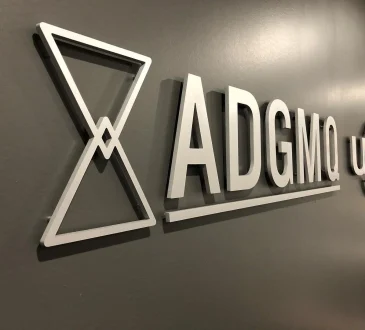
The business world is getting more and more competitive, so companies are always in search of powerful ways to align teams, enhance their performance, and build a culture of transparency and accountability. The application of Objectives and Key Results (OKRs) is one method which has become quite popular. It is a methodological tactic to formulate measurable goals, ensuring every team member within an organization is striving towards the same goals and is well aware of their own contribution to the same goals. In this post, let’s discuss how OKRs are implemented as a tool in improving transparency and accountability in organizations and the significance of alignment workshops from expert consultants.
The Role of Professional OKR Alignment Trainings
The successful use of OKRs does not only involve writing down the objectives, but also powerful alignment at all levels of the organization. OKR alignment training programs have become a significant component of the process since they offer an interactive platform that gives your team a chance to define, refine and align their set of goals and priorities of the organization at large. Such workshops help to create open communication, discuss the ambiguities of goal-setting, and establish a common vision of likely results. Under such structured sessions, organizations can minimize the risk of miscommunication and also ensure that everything that the team members are involved with is pitched towards their success.
Wave Nine, a renowned consultancy specializing in OKR implementation, exemplifies the benefits of expert guidance in this domain. Their OKR consultant has a long track record of conducting alignment workshops where they take organizations through the complexity of setting goals and defining metrics. Wave Nine assists companies in embedding the application of OKRs into their operational context via leveraging existing frameworks and best practices, resulting in enhanced performance management and culture of continuous improvement.

Increases Transparency and Accountability
What is intrinsically valuable about OKRs is that they make goals and progress visible within an organization. Through clear communication of goals and key outcomes, employees have a sense of what exactly is required of them and the role their involvement contributes to accomplishing larger organizational objectives. This not only motivates, but also gives one the feeling of ownership and responsibility. Accountability is also reinforced by scheduled check-ins and progress reviews, an inseparable part of the OKR approach, as people and teams must fulfill their promises.
In addition, the openness of OKRs inspires confidence among the parties involved. Leadership is able to delegate duties with a lot of confidence that there are clear measurements of success and individual members of the team feel free to be innovative within clear boundaries. This translates into a significant increase in the individual and collective performance of organizations as accountability becomes embedded in everyday running of organizations.
Conclusion
Proper implementation of the OKRs can transform the culture of an organization by bringing in transparency and accountability within the organization. Profiling training sessions, specifically through a highly skilled consultant, are useful to elucidate, understand, and agree on goals throughout the business. Once the targets are clear and performance is held accountable, organizations can sustain performance and flexibility within a constantly changing business environment.



